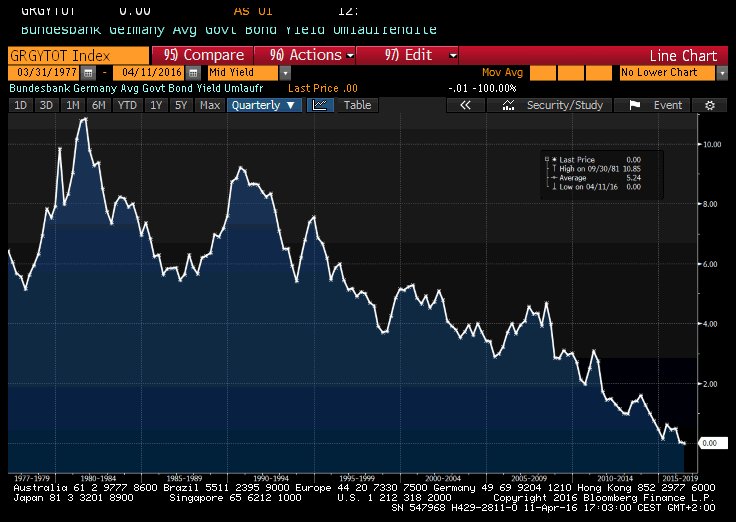Taken from This is Money:
Inflation has risen to a 15-month high, but an increase in interest rates is still a year away, say City economists.
Official figures are this week expected to show the Consumer Prices Index, the core inflation measure targeted by the Bank of England, rose to 0.5 per cent in March, up from 0.3 per cent in the previous two months.
But the jump is due largely to short-term effects and the index remains far below the Bank’s 2 per cent target.
Howard Archer, chief economist at researcher IHS Global Insight, said he expected higher oil and petrol prices and an early Easter to have pushed up prices, but that CPI would dip back again in April.
The Bank will make its monthly interest rate decision on Thursday, two days after the inflation figure release, with the rate universally expected to be held at 0.5 per cent. Archer expects the first rate rise in the second quarter of 2017.
Critical to the Bank’s long-term outlook will be productivity, which showed a slump for the last quarter of 2015. British productivity – a measure of economic value created per hour worked – has lagged behind other developed economies since the crash.
Without rising productivity, economic growth – which has been relatively strong in the UK -– is more likely to lead to rising inflation in the future.
Inflation has risen to a 15-month high, but an increase in interest rates is still a year away, say City economists.
Official figures are this week expected to show the Consumer Prices Index, the core inflation measure targeted by the Bank of England, rose to 0.5 per cent in March, up from 0.3 per cent in the previous two months.
But the jump is due largely to short-term effects and the index remains far below the Bank’s 2 per cent target.
Howard Archer, chief economist at researcher IHS Global Insight, said he expected higher oil and petrol prices and an early Easter to have pushed up prices, but that CPI would dip back again in April.
The Bank will make its monthly interest rate decision on Thursday, two days after the inflation figure release, with the rate universally expected to be held at 0.5 per cent. Archer expects the first rate rise in the second quarter of 2017.
Critical to the Bank’s long-term outlook will be productivity, which showed a slump for the last quarter of 2015. British productivity – a measure of economic value created per hour worked – has lagged behind other developed economies since the crash.
Without rising productivity, economic growth – which has been relatively strong in the UK -– is more likely to lead to rising inflation in the future.







Comment